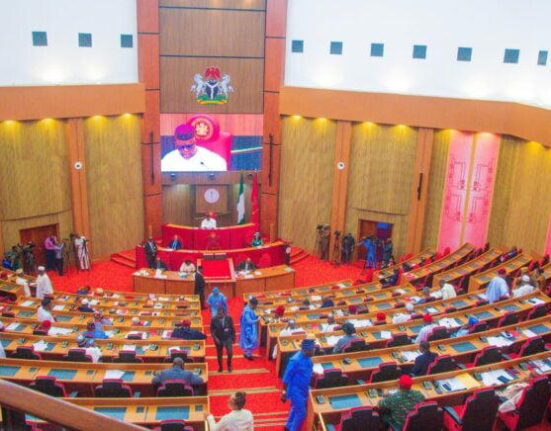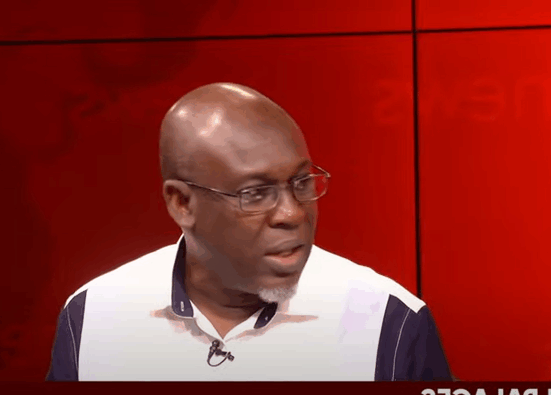Last week, Charl Kleinhaus, a 46-year-old farmer from Mpumalanga province in South Africa, found himself uprooted from his family farm and transplanted to a budget hotel near an American highway. This move came as part of a contentious initiative by then-US President Donald Trump to provide refuge to white South Africans who claimed to be facing persecution in their homeland.
In a conversation with the BBC, Kleinhaus revealed that he had received death threats via WhatsApp messages, prompting his decision to leave everything behind – his house, car, dogs, and even his mother – in search of safety.
“I didn’t come here for fun,”
he emphasized. The stark contrast between his former life and current circumstances was evident, but for Kleinhaus, the most crucial aspect was ensuring the safety of his children after losing his wife tragically in 2006.
The issue of white South African farmers being targeted has been a point of contention on both sides of the political spectrum. President Trump and billionaire Elon Musk alleged that there was a
“genocide”
against white farmers in South Africa – a claim widely discredited by experts. Despite this controversy, Trump signed an executive order granting refugee status to Afrikaners like Kleinhaus who felt persecuted.
Kleinhaus was among 59 individuals fast-tracked into the US under this program. Expressing gratitude towards Trump for recognizing their plight, he described feeling seen by someone amidst the chaos back home. The warm reception at Dulles airport with red, white, and blue balloons added to the overwhelming sense of relief and hope for a better future.
Afrikaners are descendants of Dutch settlers who governed South Africa during apartheid before its abolition in 1994. However, decades later, racial disparities persist in land ownership patterns with a significant portion still held by white farmers. The slow progress towards equitable distribution has fueled frustration among all parties involved.
Amidst debates on land expropriation without compensation initiated by President Cyril Ramaphosa’s government in South Africa as a means to address historical injustices, tensions have escalated further. For Kleinhaus and many like him facing potential land seizures, the fear of losing everything they’ve worked for looms large.
Critics within the Afrikaner community have labeled individuals like Kleinhaus as opportunists rather than legitimate refugees deserving protection. While acknowledging that farm murder rates are relatively low compared to other crimes in South Africa, Kleinhaus stressed that threats were real and unsettling enough to prompt his departure.
President Ramaphosa criticized those seeking refuge abroad as
“cowards,”
advocating for resilience and problem-solving within South Africa instead of fleeing from challenges. This sentiment highlights deeper divides within society regarding how best to address historical grievances while moving forward together.
The resettlement process faced criticism over its selectivity compared to other refugee groups banned from entry into the US under different circumstances. As questions arose about vetting procedures and motivations behind these decisions , concerns over political manipulation lingered among those directly impacted.
Despite facing scrutiny over past social media posts deemed antisemitic which have since been deleted , Kleinhaus maintained that these were isolated incidents born out of anger rather than reflective of broader beliefs or prejudices . Issues surrounding vetting processes highlighted broader concerns around immigration policies .
As conversations around immigration policies evolve under changing administrations , fears regarding potential backlash or policy reversals remain high amongst newly arrived refugees . However , amid uncertainties , Kleinhaus finds solace in faith believing that divine intervention led him across continents towards a new beginning .
According_to BBC Africa , Charl Kleinhaus’ journey reflects larger socio-political complexities shaping global migration trends today . His story underscores personal sacrifices made amidst broader debates on equality , justice , and belonging at both local and international levels .









Leave feedback about this